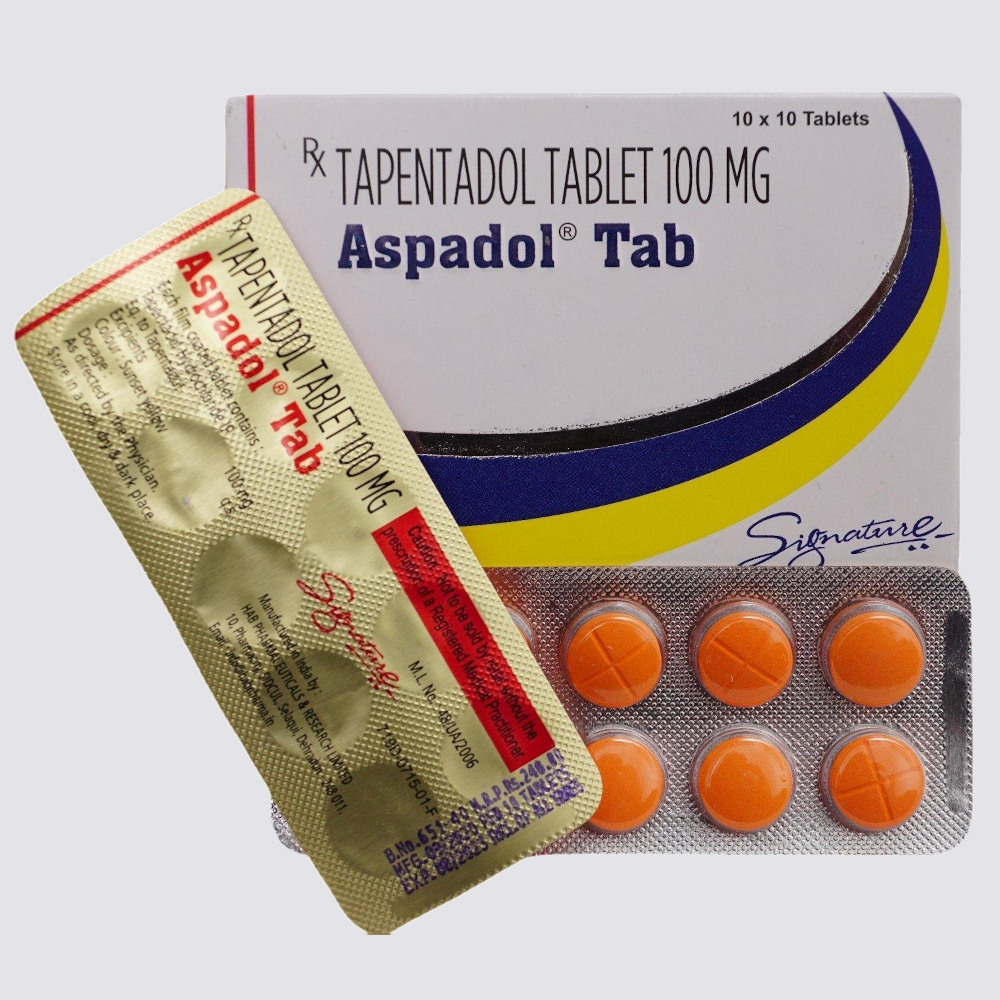What Conditions Are Pain Relief Pills Commonly Used For?

In healthcare, pain relief pills serve as invaluable allies in managing various conditions that afflict individuals on a daily basis. From mundane headaches to chronic conditions, these medications offer respite from discomfort, enabling individuals to regain control over their lives.
Let’s look into the diverse conditions for which these medicines are commonly prescribed, shedding light on their efficacy and considerations for use.
Note: Make sure to take medical advice before buying any such products.
Headaches and Migraines
Among the most prevalent reasons for reaching for these pain relief tablets are headaches and migraines. Whether induced by stress, hormonal fluctuations, or environmental factors, the throbbing pain can be incapacitating. Pain relief tablets, ranging from over-the-counter NSAIDs to prescription medications, offer relief by targeting the underlying mechanisms causing the pain, allowing individuals to resume their daily activities with ease.
Musculoskeletal Pain
Musculoskeletal pain, encompassing conditions such as back pain, joint pain, and muscle strains, affects millions worldwide, hindering mobility and diminishing quality of life. Pain relief pills, including both NSAIDs and muscle relaxants, play a pivotal role in alleviating discomfort and restoring functionality. By reducing inflammation and relaxing tense muscles, these medications facilitate recovery and enhance overall well-being.
Arthritis and Rheumatic Conditions
Arthritis and rheumatic conditions pose significant challenges, characterized by chronic joint inflammation and debilitating pain. Pain relief tablets serve as cornerstones in the management of these conditions, offering symptomatic relief and improving joint mobility. However, careful monitoring is essential to mitigate potential side effects and ensure optimal therapeutic outcomes.
Menstrual Cramps
For many individuals, menstrual cramps represent a monthly ordeal, accompanied by intense pelvic pain and discomfort. Pain relief pills provide much-needed relief by alleviating uterine contractions and reducing inflammation. By targeting the root cause of menstrual cramps, these medications empower individuals to navigate their menstrual cycles more comfortably.
Postoperative Pain
Following surgical procedures, postoperative pain can be a significant concern, impeding recovery and prolonging hospital stays. Pain relief tablets, including opioids and NSAIDs, are often administered to manage acute pain and facilitate postoperative rehabilitation. However, judicious use and close monitoring are imperative to minimize the risk of adverse effects and ensure optimal pain control.
While pain relief tablets offer undeniable benefits in managing various conditions, it’s essential to approach their use with caution and awareness. Adherence to prescribed dosages, regular communication with healthcare providers, and vigilance regarding potential side effects are paramount. Also, exploring complementary therapies and lifestyle modifications can augment the efficacy of pain relief tablets , fostering holistic well-being.
By understanding their common uses and considerations for use, individuals can make informed decisions regarding their health and well-being, reclaiming control over their lives and embarking on paths toward healing and resilience.
Note: Always consult your doctor before purchasing any kind of medicines.
Visit our website, XPressPillStore to get pain relief medicines!



